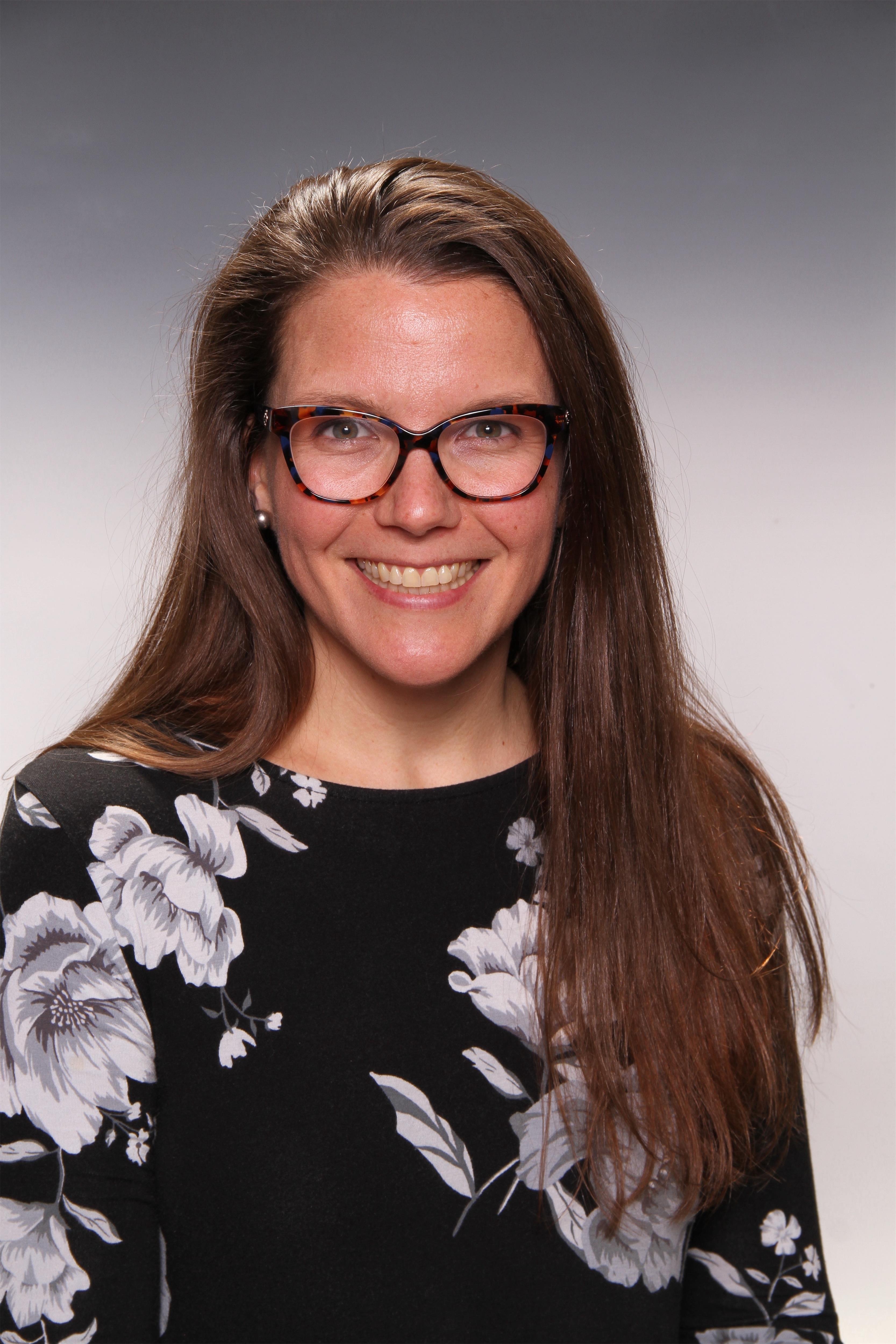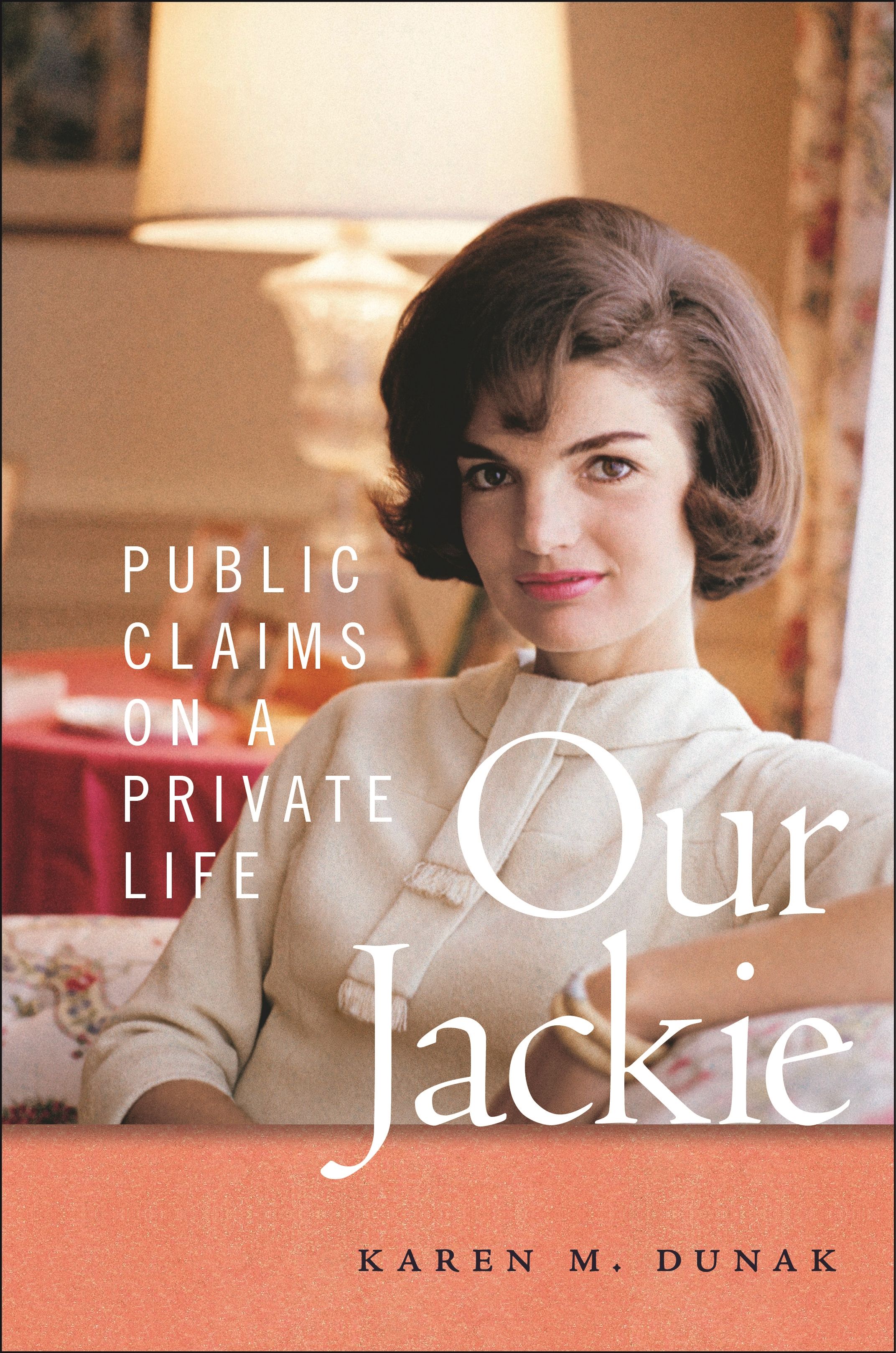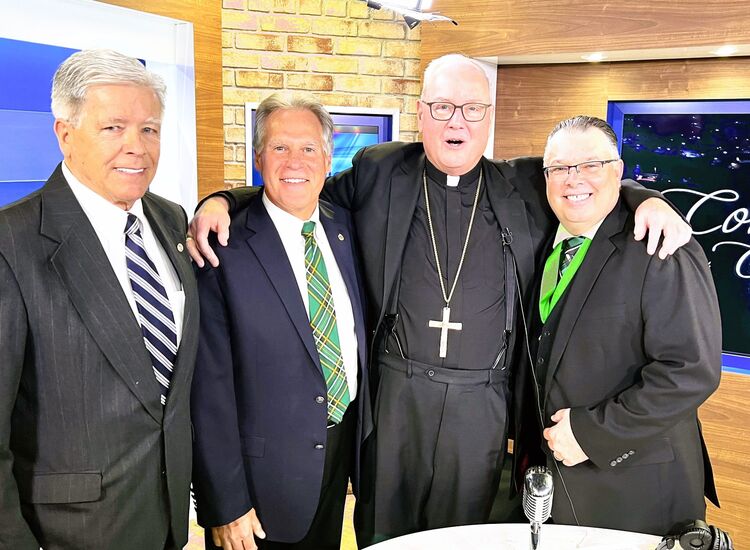A December 1958 issue of Time magazine focused on six likely Democratic candidates for the U.S. presidency in 1960 and also the “Hopefuls’ Helpmates.”
One of the latter, Jacqueline Kennedy, who was from a “socialite Republican family,” had accompanied her husband on several occasions, some days shaking “2,500 to 3,000 hands,” as he campaigned for reelection to Congress’ upper house. He won, shortly before the Time article was published, with 73.6 percent of the vote, a record for a statewide election in Massachusetts.
The newsmagazine said of Senator John F. Kennedy’s spouse, “Jackie tried to avoid making speeches, prefers a homebody’s life.”
In her just published study, “Our Jackie: Public Claims on a Private Life,” historian Karen M. Dunak writes, “This game willingness but natural reluctance increasingly would become a hallmark of public perception of JBK, and, in some ways, would feed the fire of public demand for more and more of her. But even as media often painted her as apolitical, she recalled, ‘People say he never talked about politics at home with me, but that’s all that was talked about.’”
JFK aide Dave Powers said of Jackie as a campaigner in 1958, “She was always cheerful and obliging, and to me a very refreshing change from the usual candidate’s wife because she did not put on a phony show of enthusiasm about everything she saw and every local politician she met. The crowds sensed that and it impressed them.”
Dunak continues, “From these discussions [with JFK], Jacqueline Kennedy became increasingly astute in her understanding of relationships, image, and media, in relation both to her husband’s political ambitions and to her own navigation of public life."
She adds, "For the next four decades, Jacqueline Kennedy’s interaction with and framing by American media reflected the opportunities available to women as well as the limitations they encountered.”
Dunak’s personal connection to the story begins with Mr. Steel, a history and civics teacher at Woodrow Wilson School who was a known devotee of John F. Kennedy. Each November, he “dedicated multiple days to the teaching and commemoration of JFK’s death.” Previous eighth-grade students forewarned, “People will cry.”
Dunak’s turn came with the 30th anniversary of the president’s assassination and she can attest that there were indeed tears during Bill Steel’s presentation.
“I was a women’s historian before I ever took a women’s history class,” writes the professor of American History at Muskingum University. “I was interested in John Kennedy, certainly, and as an Irish Catholic kid in a fairly Catholic stretch of New Jersey beach towns I appreciated what Kennedy meant to many of the adults in my life. But in that eighth-grade class, the person who interested me more was the woman veiled in black, who was left to lead a nation in mourning her husband and raise up children whose father had just been murdered in the most public fashion.”
“Our Jackie” has been described by Booklist as a “nuanced portrait of one of the most influential and persistently misunderstood women in American history."
Kate Clifford Larson, a biographer of JFK’s sister Rosemary, is another admirer. She wrote, “Assembling a treasure trove of contemporary publications, TV and radio coverage, interviews, and more, Karen M. Dunak offers us a breathtaking look at Kennedy through decades of persistent public attention―some adoring, some mean-spirited―that shaped the legacy of a cultural and social icon, while revealing the fascinating evolution of notions about a woman’s place and power in America. A great read!"
Jacqueline Kennedy biographer Barbara A. Perry commented, “Following Jackie’s life through its fascinating stages, while matching them with the lenses through which the world saw her, is the perfect framework for this unique story,” and Perry had praise also for Dunak’s “clear, fluid, eloquent writing style.”
And Kathryn Cramer Brownell, author of “24/7 Politics: Cable Television and the Fragmenting of America from Watergate to Fox News,” wrote, "Karen Dunak provides an essential and eye-opening perspective on the making of an American icon,” adding that “Our Jackie” is “deeply researched and beautifully written” and “media history at its finest."

Karen Dunak
Date of birth: Feb. 12, 1980
Place of birth: Neptune, N.J.
Spouse: Keith Eberly
Children: Eve Dunak Eberly, 11
Residence: New Concord, Ohio
Published works: “As Long As We Both Shall Love: The White Wedding in Postwar America” (NYU, 2013); “Our Jackie: Public Claims on a Private Life” (NYU, 2024).
What is your writing routine? Are there ideal conditions?
I used to really prefer to write in the morning – first thing. But my daughter has been and remains an early riser. Waking up before her – at various stages – would've meant waking up to work at 3 a.m. And I’m not cut from that cloth. Now, I actually prefer to get my movement first thing, so I'll run as soon as I’m up. All that said: for a pretty extended period “ideal conditions” were few and far between, so I adapted to writing whenever I had the time or space or opportunity. Sometimes that’s in a notebook. Sometimes I work on my computer. Sometimes it’s a few paragraphs. Sometimes it’s a sustained section of a chapter. I was on sabbatical last year, and that was a real luxury. I’d often work in two- or three-hour chunks of time, reading, taking notes, and writing in various combinations.
Years ago, I wrote a review of a biography of Shirley Jackson, the great mid-century American horror writer. She often talked about the part of her writing that took place when she was doing the dishes or driving her children to their lessons. There was no pen and paper or typewriter, but she very consciously was working in those moments. That really stuck with me and has become a part of my routine. I think sometimes writers can be hard on themselves if they’re measuring progress by word count, so I’ve leaned into the rumination as a part of the process.
Name three books that are memorable in terms of your reading pleasure.
I am often reading non-fiction and am very often reading history – for research or class prep or as models for my own writing. I was motivated to read both John Wood Sweet's “The Sewing Girl’s Tale: A Story of Crime and Consequences in Revolutionary America” and Isabel Wilkerson’s “The Warmth of Other Suns: The Epic Story of America’s Great Migration” for those reasons. Sweet’s book is a real master class is using what limited sources are available and putting those sources in conversation in such a smart way. The picture he paints about a time and a life that left historians very little in the way of evidence is rich and full and really revealing. At various points while I read that book, I gasped because Sweet told the story in a way that was so surprising and – legitimately – exciting to read. And I love Wilkerson’s book for the way she weaves the macro and the micro together. It's the book about the Great Migration that I wanted for a long time. I loved reading it –and have had students tell me the excerpts I’ve assigned are their favorite things they’ve ever read.
In the world of fiction, this past year I read Emma Straub’s “This Time Tomorrow.” My best friend is a great reader, too, and we’ve read maybe all of Straub’s books. For both of us, this one was another level. It’s such a beautiful book about how and with whom we spend our time, and what we would change if we could – and then, would we really change that?
Name a book that you were pleasantly surprised by.
I read about Kimberly Brubaker Bradley’s “The War that Saved My Life” maybe a year ago and ordered it via interlibrary loan for my daughter (and also the sequel, “The War I Finally Won”). Eve reads a lot on her own now, but I read these books aloud to her (twice now), and we loved them. She is growing into a history person, too, and so really enjoyed the World War II component and especially from a non-American perspective. The relationships in the book and the discussions of the main character’s inner life and her emotional development over time are really beautiful and astute and have given us so much to discuss about the ways people imagine their relationships to be versus how they are and what it means to be vulnerable and why that can be so hard. And the books are funny, too! I think I imagined we’d like these books, but the “pleasantly surprised” part for me is how much we liked them and how often we refer back to them. They’re also a great reminder of the richness of the world of young adult literature.








